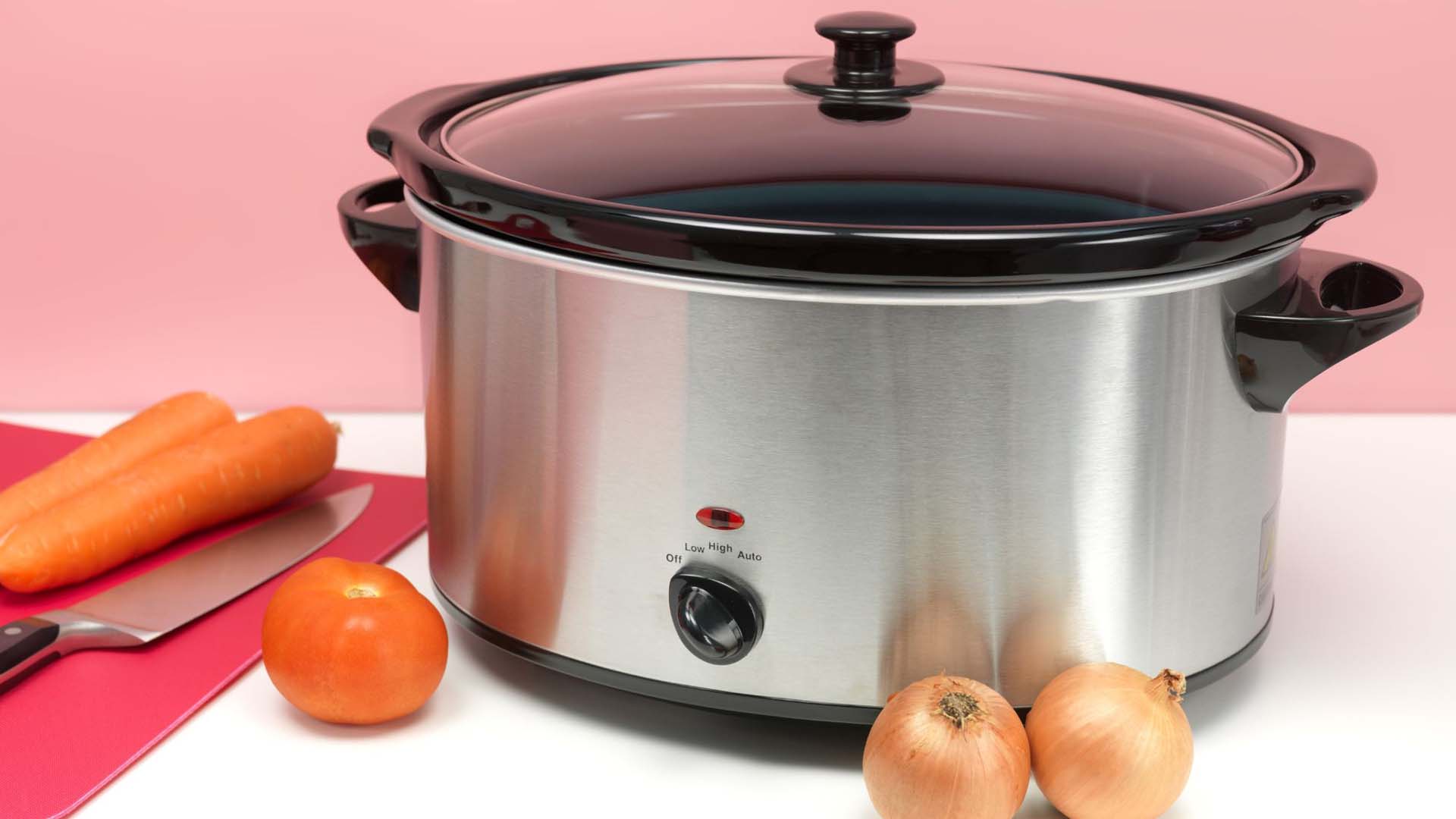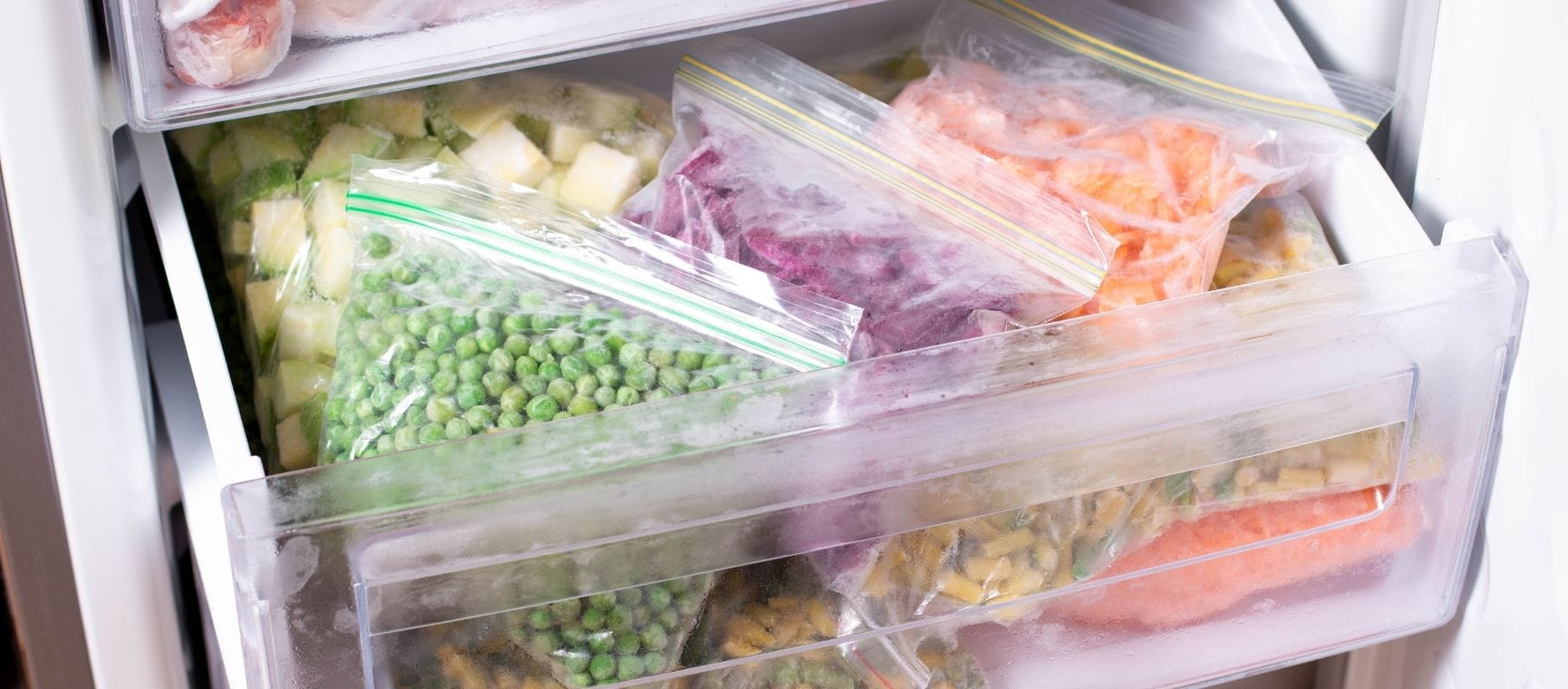
Imagine you go food shopping, fill your fridge, cook up a storm, and then... throw a third of it straight in the bin. Globally, that's what's happening as we're tossing 1.3 billion tonnes of food every year.
However, our freezers offer a practical and effective solution. That yummy roast from Sunday? It can be enjoyed again as a lunch later in the week. And those special offers in the supermarket? By freezing them, you can extend their shelf life considerably, enjoying them months later, rather than just a few days.
Understanding how long you can keep food in the freezer will help you enjoy everything at its best.
Generally, once frozen, food can be kept in the freezer indefinitely. However, its taste and texture may deteriorate over time.
“Generally, bread products last for a month, cooked meals for three months and meats around six months,” advises time saving and cooking expert Suzanne Mulholland, The Batch Lady.
“But it’s a general guide - food doesn’t go off when left in the freezer it simply dries out over time so the quality isn’t as good.”
Keep in the freezer: up to six months
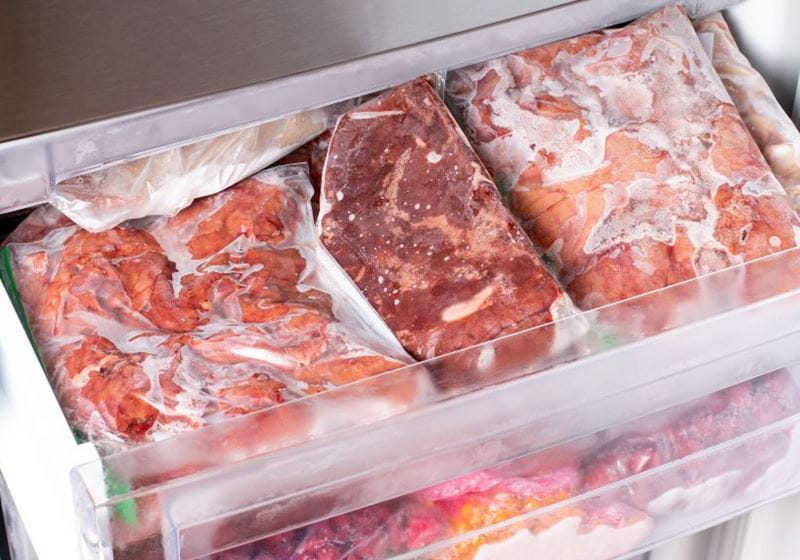
You can keep meat and fish in your freezer for up to six months – and freezing might even help improve the taste.
“Fresh meat loses nutrients over time, but freezing or buying frozen meat helps retain both nutrients and flavour,” says Rhiannon Lambert (BSc, MSc, RNutr), one of the UK’s leading nutritionists.
Always defrost meat and fish properly before cooking. The safest way is in your fridge, where it stays cool enough to prevent bacteria growth. Pop it on a plate with a rim to catch any juices that leak out during thawing – this stops any bacteria from spreading to other foods in your fridge.
Keep in the freezer: up to a year
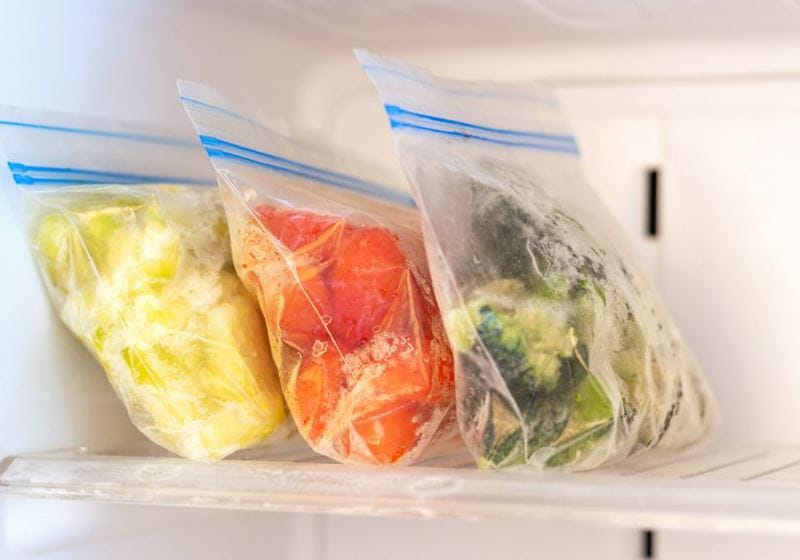
Freezing fresh vegetables is a great way to retain their flavour and nutrients. Most vegetables including peas, runner beans, asparagus and broccoli benefit from being first blanched in boiling water for 30 seconds as it stops them from turning brown when frozen.
Once cold, freeze them scattered on a tray lined with baking parchment and then transfer to a freezer bag.
Keep in the freezer: up to nine months
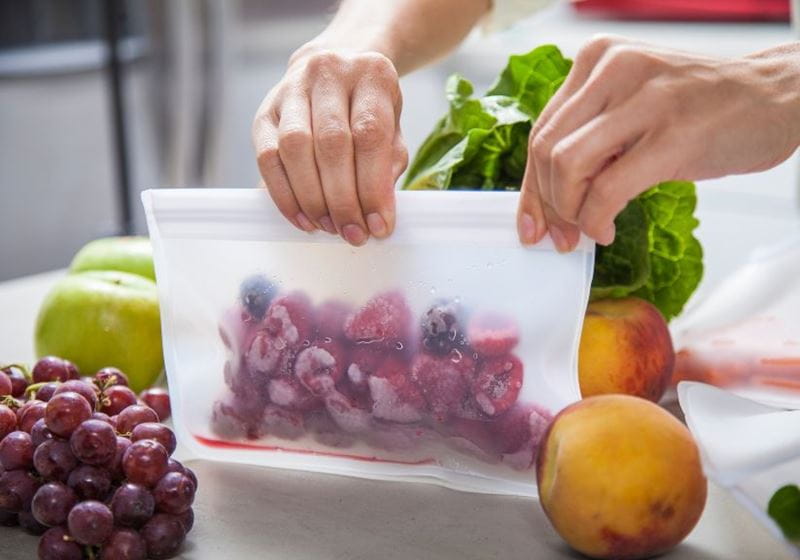
Freezing is a good way to store a glut of summer fruit. When freezing delicate fruit such as strawberries, blueberries or raspberries, lay them in a single layer on a baking sheet covering them in baking parchment. Once frozen, transfer to a freezer bag or plastic lidded container.
Rhiannon says that frozen berries are just as good as fresh.
“They are packed with powerful compounds like antioxidants, which offer numerous health benefits, and they’re incredibly versatile in all types of meals,” she says.
With fruits that tend to go brown, such as apples, peaches, nectarines and apricots, wash them first in bowl of water with a tablespoon or two of lemon juice before drying and freezing.
Keep in the freezer: up to four months
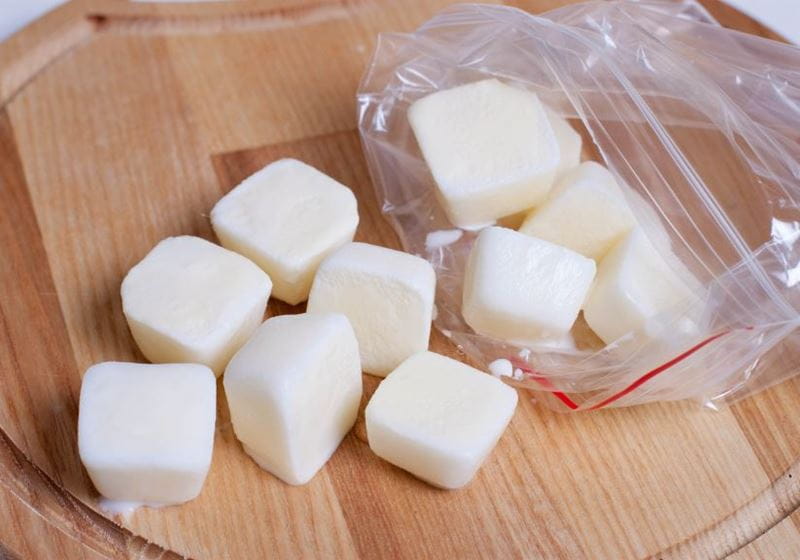
“People don’t realise that you can freeze almost anything,” says Suzanne. “It’s usually how you freeze it that matters, for example milk freezes well, you just have to take a little out the top of the container to give room for expansion.
"Cream also freezes well but when it comes out it often looks separated - simply give it a mix and it comes back together!"
You can freeze all types of milk for up to one month. To use, defrost it in the fridge and shake the container well before using. Alternatively, you can freeze milk in an ice cube tray and then just pop out the cubes as and when you need them.
Butter and margarine can be frozen for three months. Cheese gets crumbly in texture when defrosted, so try grating or slicing it before freezing. Grated cheddar cheese can be kept for up to four months and used directly from the freezer.
Keep in the freezer: up to three months

Want to freeze eggs? Don't freeze them in their shells! Simply crack them into a bowl, give them a quick whisk, and pop them in a freezer bag. They'll stay good for up to three months.
You can also freeze whites and yolks separately. Whites can go straight into freezer bags.
For yolks, add a pinch of salt or sugar after whisking – this stops them from becoming too thick when frozen.
Keep in the freezer: up to six months
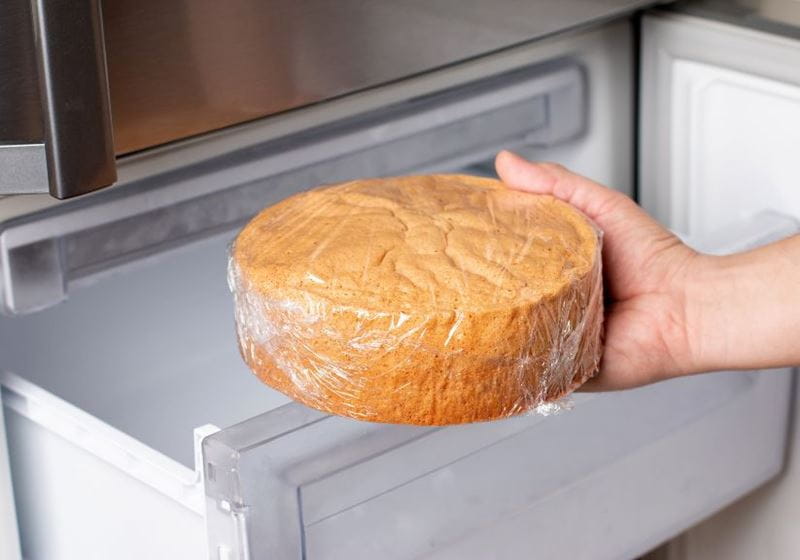
Bread loves the freezer! Almost all types (except crusty baguettes) stay fresh for up to three months when frozen.
Simple cakes without decorations – like sponges, fruit cakes, scones, and cupcakes – freeze beautifully for up to six months. Raw pastry also freezes well for the same amount of time, ready whenever inspiration strikes.
Keep in the freezer: up to six months
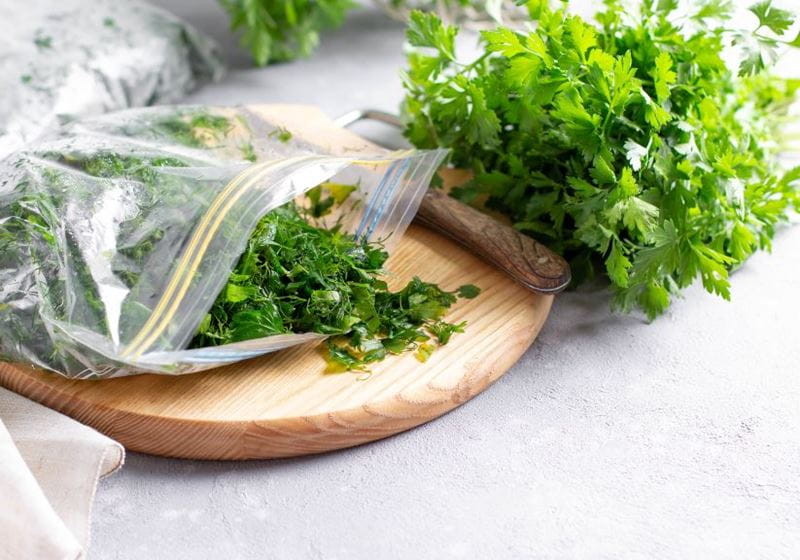
Most spices and herbs freeze well. Many spices can be kept for up to six months, but herbs tend to lose their flavour faster, so aim use within two months.
A good way to freeze herbs is to wash, dry and chop herbs, then store in freezer bags or in an ice-cube with a little added water.
Jayne cut her online journalism teeth 24 years ago in an era when a dialling tone and slow page load were standard. During this time, she’s written about a variety of subjects and is just at home road-testing TVs as she is interviewing TV stars.
A diverse career has seen Jayne launch websites for popular magazines, collaborate with top brands, write regularly for major publications including Woman&Home, Yahoo! and The Daily Telegraph, create a podcast, and also write a tech column for Women’s Own.


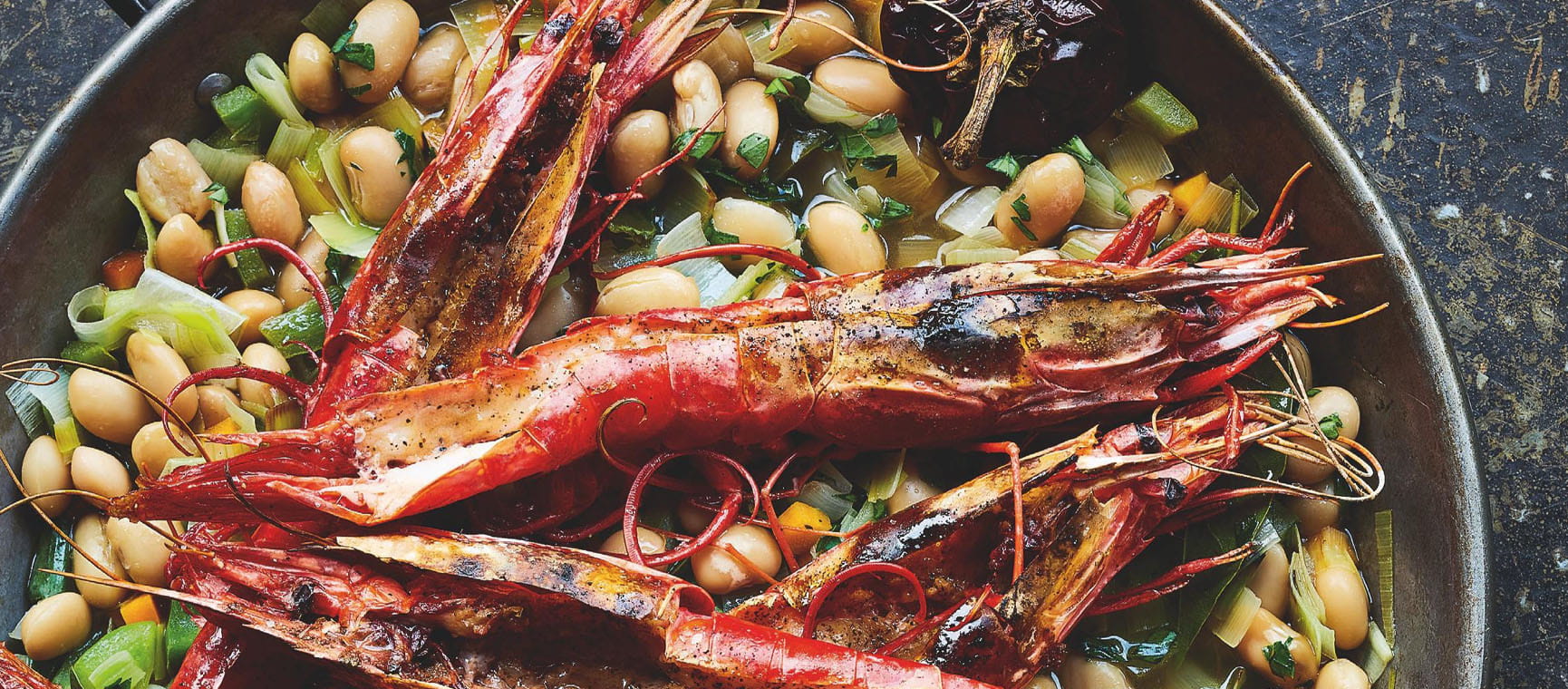
Celebrity chef James Martin shares his recipes for Valencian Beans and Prawns and Creme Caramel with Spiced Seville Oranges.
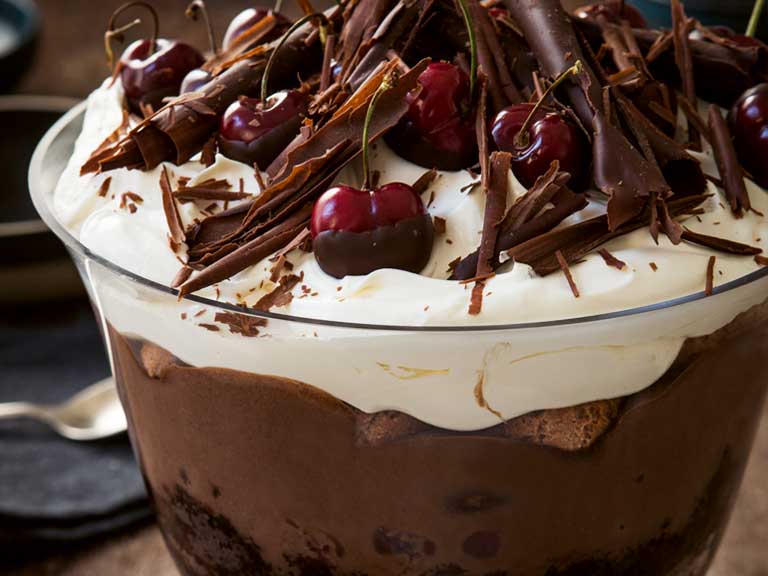

As summer approaches, our expert says it’s time to reappraise rosé and seek out more robust styles.


From parties to picnics, mini sausage rolls are the perfect snack. But which ones are our experts’ favourites?
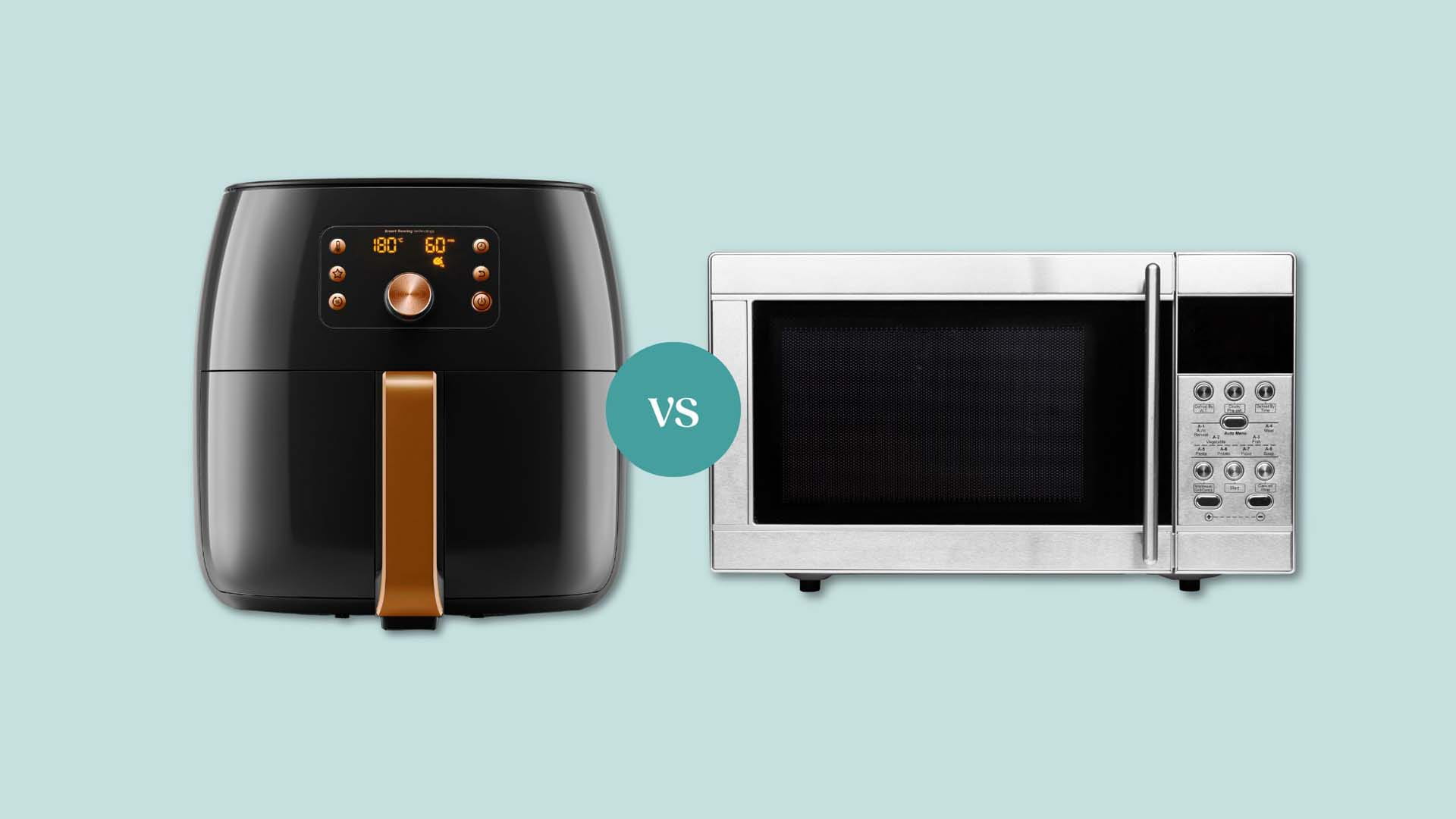
Both sit nicely atop your kitchen counter, but is one better than the other?
